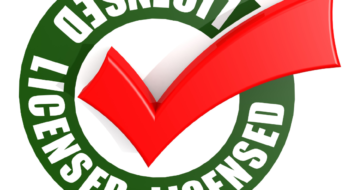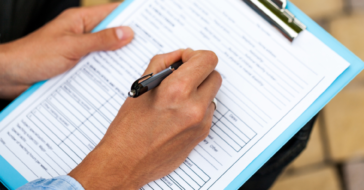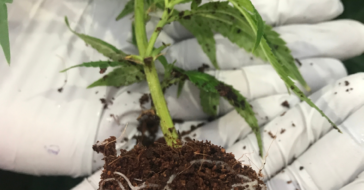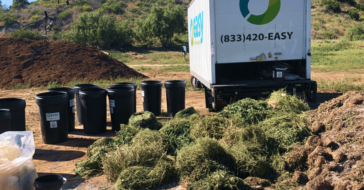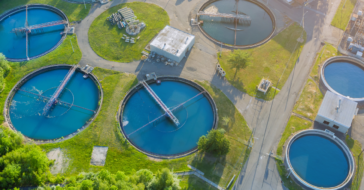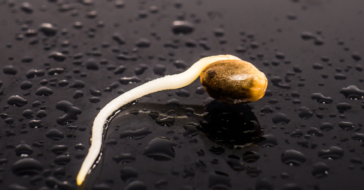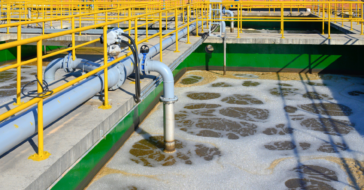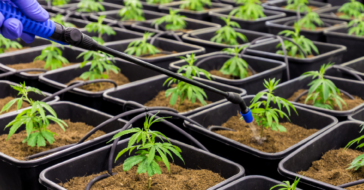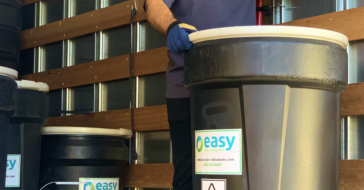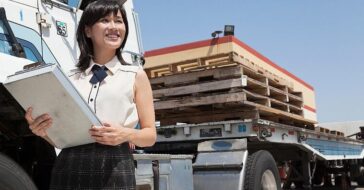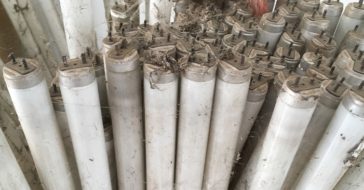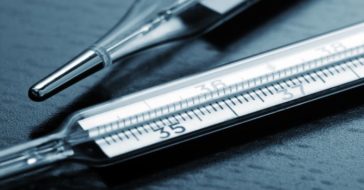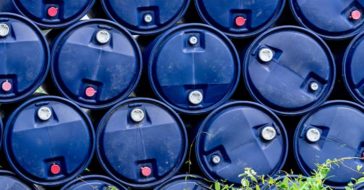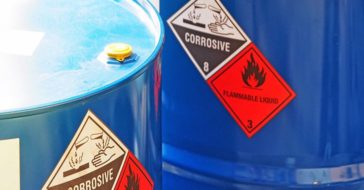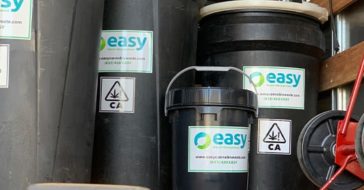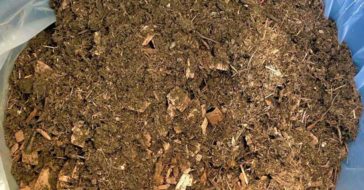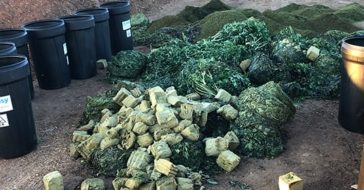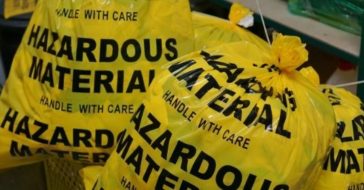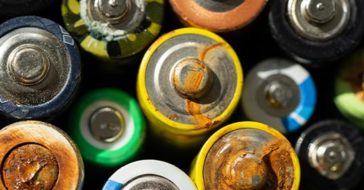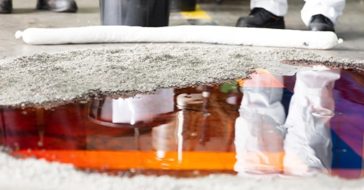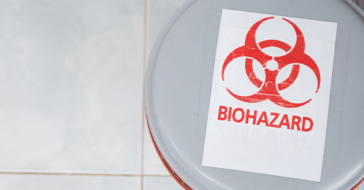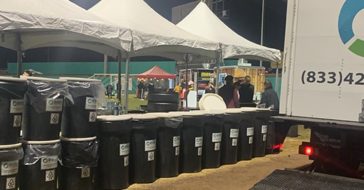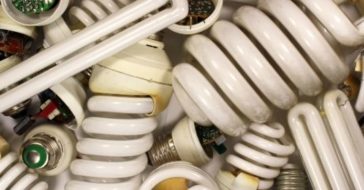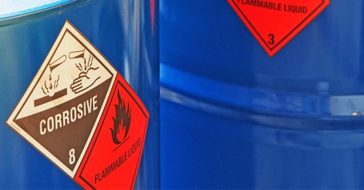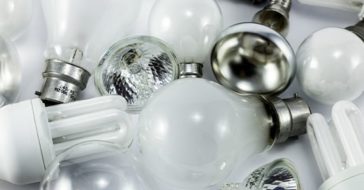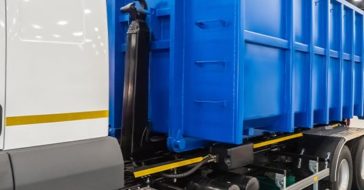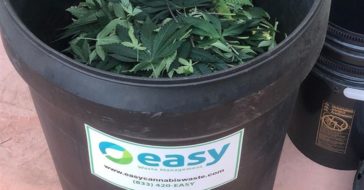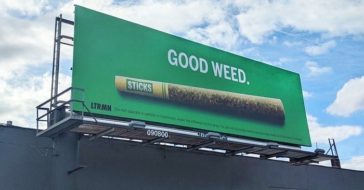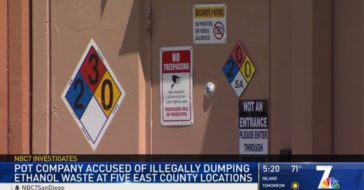Universal waste comes primarily from consumer products and substances hazardous to human health and the environment. These items must not be disposed of in standard trash or contained in landfills. Many large and small businesses and households find themselves with universal waste but no plan for disposal. Find out how to dispose of universal waste in Chula Vista, CA, in a way that complies with the Environmental Protection Agency (EPA) and the California Department of Toxic Substances Control (DTSC).
Universal Waste vs. Hazardous Waste in Chula Vista
U-waste is a solid waste category comprised of commonly used items that pose a lower risk to people and the environment than other hazardous materials. Federally, the EPA allows some waste to be regarded as non-hazardous if the universal waste handlers meet specific treatment, recycling, and collection standards.
California businesses specifically can choose whether they want to label potentially harmful wastes as hazardous or universal on a case-by-case basis as long as they conduct proper waste management practices. Universal waste in San Diego County may include:
- Batteries – most household batteries and both rechargeable and single-use Cadmium, Copper, and Mercury batteries
- E-waste, or electronic waste, with or without a cathode ray tube (CRT) – televisions, laptops, cellphones, and more
- Fluorescent lights and light bulbs
- Photovoltaic (PV) Modules, like solar panels
- CRTs and CRT glass (broken tubes)
- Aerosol spray cans that aren’t empty
- Equipment that contains mercury – thermostats, pressure or vacuum gauges, mercury switches, and more
On the other hand, hazardous waste poses a higher threat of being harmful or dangerous to human health and environmental health and can be liquids, solids, or contained gasses. Often, they are by-products of manufacturing, used and spent materials, or unfinished materials like cleaning solvents or pesticides.
Hazardous wastes must undergo more rigorous treatment and meet harsher safety standards than universal waste. Under California law, universal and hazardous waste requirements are even more strict than the federal standards. Wastes considered hazardous by California but pass federal criteria are called “California-only” or “non-RCRA” wastes and include anything containing asbestos, zinc, nickel, and corrosive solids.
Disposing of Universal Waste in California
Technically, if you generate more than 220 pounds, or 100 kilograms, of universal waste or acutely hazardous waste a month, you must apply for an EPA ID number to track your disposals. A conditionally exempt small quantity generator (CESQG) of universal waste creates less than 220 pounds of RCRA waste and less than 2.2 pounds of hazardous waste. A CESQG is not required to obtain an EPA ID number. However, California regulations do not include an exemption for small quantity generators. In most cases, any business generating hazardous and universal waste in the city of Chula Vista needs a California ID number.
The ID number, issued by either the EPA or DTSC, allows each waste handler to identify themselves on universal or hazardous waste manifests and other paperwork and track their waste from origin to destination. Aside from the exceptions listed in the DTSC’s “Managing Universal Waste” fact sheet, most waste generators will need an ID number before a universal waste transporter accepts waste for shipment.
Both types of generators can use these tips to properly dispose of their universal waste in Chula Vista, CA:
- DO NOT dispose of universal waste in the trash.
- Send your universal waste to an authorized collection, disposal, or recycling center. You can find several e-waste and battery recycling programs near South Bay and Chula Vista.
- Document how long you’ve had the waste and do not store it for longer than one year after generation.
- Label your universal hazardous wastes in containers or packages for easy identification.
- Clean up leaking batteries or broken CRTs, then re-package and manage as universal waste. Note: soiled cleaning supplies may be considered hazardous waste.
- Train employees to handle waste management and respond to releases.
- You may transport universal waste in your vehicle or use a registered universal waste transport service for disposal.
- Keep records of all shipments and receipts for three years.
A universal waste management system is crucial for Chula Vista businesses that generate waste like pesticides, batteries, fluorescent bulbs, or mercury-containing items. Help keep these dangerous materials out of landfills near our community by working with the waste disposal team at Easy Waste Management! We will ensure your company stays compliant with federal and state laws and remains environmentally responsible. Schedule a free consultation with one of our experts today for additional information, or get started on your universal waste or hazardous waste disposal plan!










